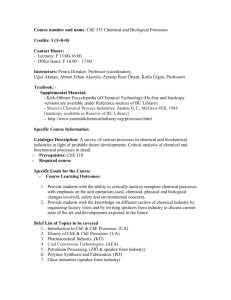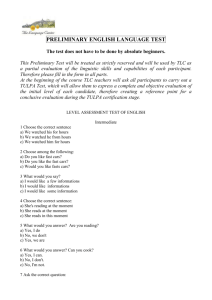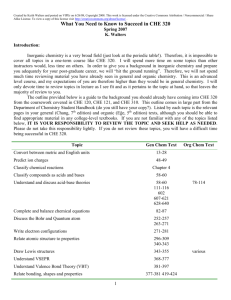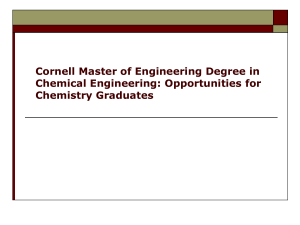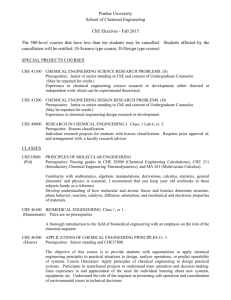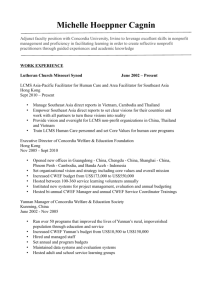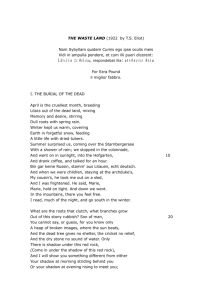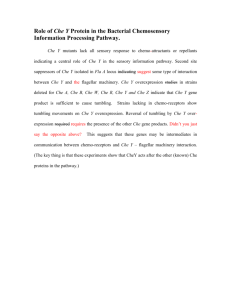Mechanical Age: “Were we required to characterise this age of ours
advertisement
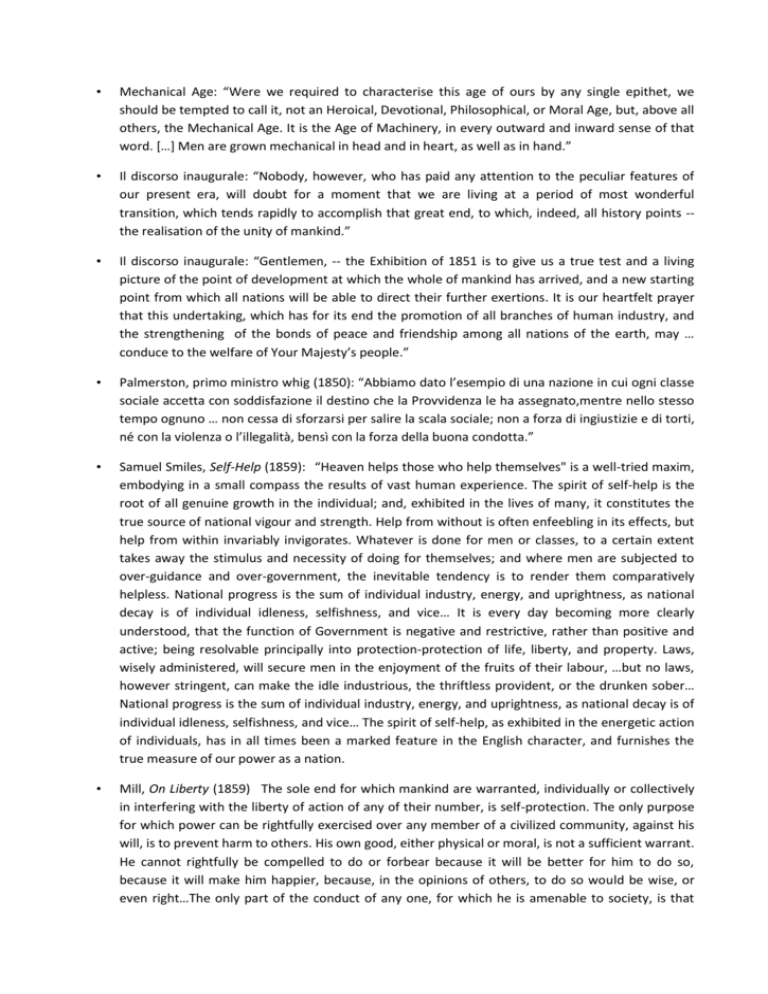
• Mechanical Age: “Were we required to characterise this age of ours by any single epithet, we should be tempted to call it, not an Heroical, Devotional, Philosophical, or Moral Age, but, above all others, the Mechanical Age. It is the Age of Machinery, in every outward and inward sense of that word. […] Men are grown mechanical in head and in heart, as well as in hand.” • Il discorso inaugurale: “Nobody, however, who has paid any attention to the peculiar features of our present era, will doubt for a moment that we are living at a period of most wonderful transition, which tends rapidly to accomplish that great end, to which, indeed, all history points -the realisation of the unity of mankind.” • Il discorso inaugurale: “Gentlemen, -- the Exhibition of 1851 is to give us a true test and a living picture of the point of development at which the whole of mankind has arrived, and a new starting point from which all nations will be able to direct their further exertions. It is our heartfelt prayer that this undertaking, which has for its end the promotion of all branches of human industry, and the strengthening of the bonds of peace and friendship among all nations of the earth, may … conduce to the welfare of Your Majesty’s people.” • Palmerston, primo ministro whig (1850): “Abbiamo dato l’esempio di una nazione in cui ogni classe sociale accetta con soddisfazione il destino che la Provvidenza le ha assegnato,mentre nello stesso tempo ognuno … non cessa di sforzarsi per salire la scala sociale; non a forza di ingiustizie e di torti, né con la violenza o l’illegalità, bensì con la forza della buona condotta.” • Samuel Smiles, Self-Help (1859): “Heaven helps those who help themselves" is a well-tried maxim, embodying in a small compass the results of vast human experience. The spirit of self-help is the root of all genuine growth in the individual; and, exhibited in the lives of many, it constitutes the true source of national vigour and strength. Help from without is often enfeebling in its effects, but help from within invariably invigorates. Whatever is done for men or classes, to a certain extent takes away the stimulus and necessity of doing for themselves; and where men are subjected to over-guidance and over-government, the inevitable tendency is to render them comparatively helpless. National progress is the sum of individual industry, energy, and uprightness, as national decay is of individual idleness, selfishness, and vice… It is every day becoming more clearly understood, that the function of Government is negative and restrictive, rather than positive and active; being resolvable principally into protection-protection of life, liberty, and property. Laws, wisely administered, will secure men in the enjoyment of the fruits of their labour, …but no laws, however stringent, can make the idle industrious, the thriftless provident, or the drunken sober… National progress is the sum of individual industry, energy, and uprightness, as national decay is of individual idleness, selfishness, and vice… The spirit of self-help, as exhibited in the energetic action of individuals, has in all times been a marked feature in the English character, and furnishes the true measure of our power as a nation. • Mill, On Liberty (1859) The sole end for which mankind are warranted, individually or collectively in interfering with the liberty of action of any of their number, is self-protection. The only purpose for which power can be rightfully exercised over any member of a civilized community, against his will, is to prevent harm to others. His own good, either physical or moral, is not a sufficient warrant. He cannot rightfully be compelled to do or forbear because it will be better for him to do so, because it will make him happier, because, in the opinions of others, to do so would be wise, or even right…The only part of the conduct of any one, for which he is amenable to society, is that which concerns others. In the part which merely concerns himself, his independence is, of right, absolute. Over himself, over his own body and mind, the individual is sovereign. • Charles Darwin:“Until recently the great majority of naturalists believed that species were immutable productions, and had been separately created. Some few naturalists, on the other hand, have believed that species undergo modification, and that the existing forms of life are the descendants by true generation of pre-existing forms”. • Darwin, On the Origin of Species (1859): le specie animali e vegetali si evolvono da un progenitore comune, grazie alla selezione naturale (natural selection) che agisce sulla variabilità dei caratteri, determinando la sopravvivenza del più adatto (survival of the fittest). E’ più improbabile che gli individui meno adatti all’ambiente sopravvivano e si riproducano, a differenza di quelli più adatti, che trasmettono i loro tratti alle generazioni future. Questa è la selezione naturale. • Spencer : “Può sembrare inclemente che un lavoratore reso inabile dalla malattia alla competizione con i suoi simili, debba sopportare il peso delle privazioni. Può sembrare inclemente che una vedova o un orfano debbano essere lasciati alla lotta per la sopravvivenza. Ciò nonostante, quando siano viste non separatamente, ma in connessione con gli interessi dell’umanità universale, queste fatalità sono piene della più alta beneficenza – la stessa beneficenza che porta precocemente alla tomba i bambini di genitori malati…" •

